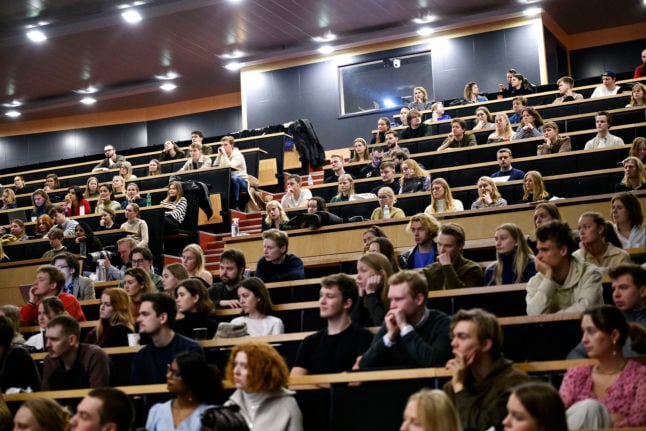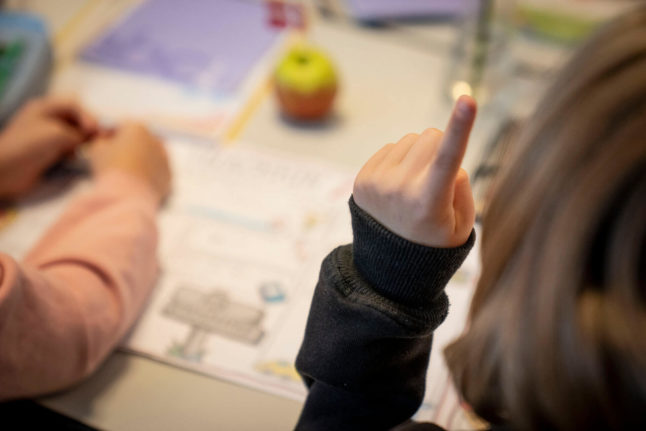Under current rules, the basic living costs of all under- and postgraduate students (Bachelor’s and Master’s degrees) are covered by the state student grant, statens uddannelsesstøtte, commonly referred to as SU.
All Danish nationals attending full time higher education are eligible for the grant, which does not have to be paid back. Citizens of other EU countries can also qualify for the monthly grant if they fulfil certain criteria.
But the provision for postgraduate students could be scrapped and turned into a loan of up to 12,500 kroner, should the recommendations of the Reform Commission, (Reformkommissionen), which submitted its first report to the government on Wednesday, become reality.
Savings made by the state through such a change should be reinvested in education, the commission said, meaning the move would not be seen as a spending cut on education, the head of the commission, Nina Smith, said at a press briefing on Thursday.
“We are proposing more and better education. Not less education, if anyone should have the silly idea of interpreting this as such,” Smith said.
“This is an investment exercise, not a cost cutting exercise,” she said.
Graduates with Master’s degrees earn more on average during their careers than other groups, meaning they have better capacity to pay back loans, the commission argues.
Critics of the proposal have said that it could discourage people from underprivileged backgrounds from pursuing higher education or could reduce the overall level of education in Denmark.
The decision on whether to move forward with the commission’s recommendations rests with political parties.
In its report, the commission states that “SU for postgraduate students is the only social benefit that generally benefits those who earn the most during their lives.”
SU was originally introduced in Denmark to remove financial obstacles to higher education for people from underprivileged backgrounds.
It has seen the number of young people taking higher education in Denmark increase over the years to almost one in three currently.
The commission wants to retain SU for undergraduate (Bachelor’s degree) students or those taking vocational qualifications.
Under current rules, students following Master’s degree programmes can draw a combined SU grant and loan of around 8,500 kroner per month, of which the loan element constitutes approximately 3,000 kroner.
The commission’s recommendations, if followed, would restructure this by making the allowance entirely loan-based but increasing the available total by 4,000 kroner.
That would not diminish the possibilities for studying at postgrad level for students from less privileged backgrounds, according to the commission.
“We conclude that, in reality, this is positive in relation to social mobility. There are no indications that, once you get to the Master’s degree starting line, SU has any effect on social mobility,” Smith said.
“On the other hand, we know that the quality of Master’s degree programmes is very important for social mobility,” she said.
No studies exist into the effect of SU on social mobility, according to the commission, which said it expected a positive effect if money was invested on improving study programmes.



 Please whitelist us to continue reading.
Please whitelist us to continue reading.
Member comments